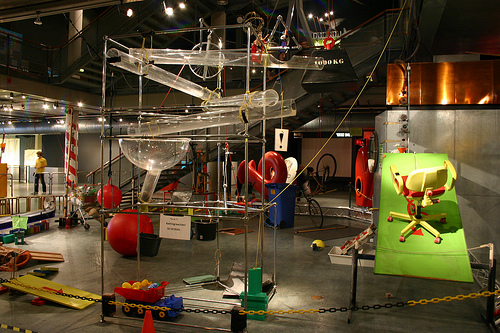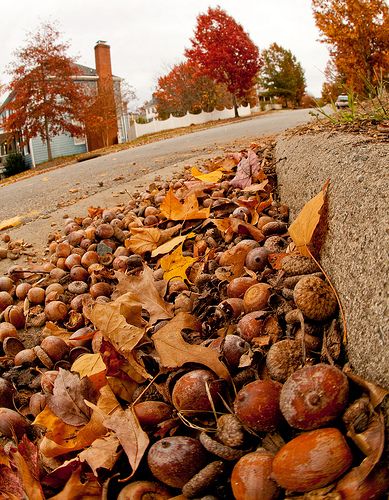It is not hard to compose, but what is fabulously hard is to leave the superfluous notes under the table. – Johannes Brahms

How many extra notes are in your life? Is this how you do things, or is there a simple, straight forward way to do it?
What does that mean?
This is a classic. Not just by age, but by it’s nature. Humankind has always been building things, it’s part of our nature. And there is always the urge to make something bigger, better, or more complex than the last one built. The urge to add something, even if it’s not useful, is hard to resist.
In engineering, there is a saying (only partly in jest), “Why make something dull and simple, when one can make it beautiful and complex?” That is roughly what Brahms is saying. Composing isn’t all that difficult. Resisting the urge to add all kinds of extra notes, he states, that’s the hard part.
I’ve struggled with this when designing software. I’m sure more than a few painters have gotten a little carried away with extra detail. Superfluous things seem to be an artists’ nemesis. Whether composing a photograph, a symphony, or a landscape, decorating a ceramic creation or a sculpture, there is always the struggle of trying to only do what is necessary, and nothing more.
Why is avoiding excess important? Continue reading














